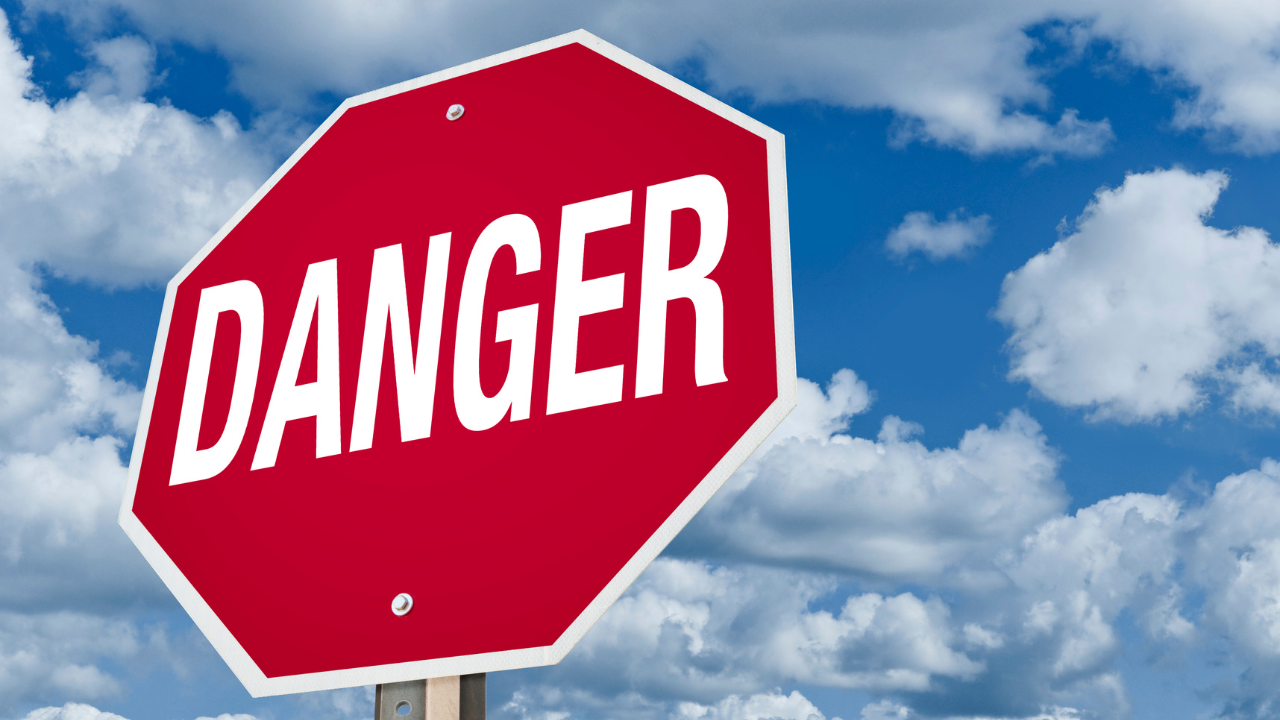Credit card debt is one of the most common forms of debt in the world, and it can be a significant financial burden for many individuals. While credit cards can be a helpful tool for building credit and managing expenses, they can also lead to financial troubles if not used responsibly. In this blog, we will discuss the dangers of credit card debt and how you can avoid it.

High-Interest Rates
Credit card debt typically carries high-interest rates, which can quickly accumulate and lead to a significant amount of debt. Most credit cards charge interest rates between 15-25%, which is significantly higher than other forms of debt like personal loans or mortgages. If you carry a balance on your credit card and only make the minimum monthly payments, it can take years to pay off your debt and cost you thousands of dollars in interest.
Late Payment Fees
Credit card companies charge late payment fees when you fail to make your monthly payment on time. These fees can range from $25 to $40 and can quickly add up if you miss multiple payments. Late payments can also negatively impact your credit score, making it harder to qualify for loans or credit in the future.
Overspending
Credit cards can make it easy to overspend and live beyond your means. When you have a credit card, you have access to a line of credit that you can use to make purchases without immediate consequences. However, overspending can lead to high balances and debt that can be difficult to pay off.
Credit Score Damage
Credit card debt can also negatively impact your credit score. Late payments, high balances, and maxed-out credit cards can all hurt your credit score, making it harder to qualify for loans or credit in the future. A low credit score can also result in higher interest rates on loans and credit cards, making it even harder to pay off debt.
Collection Calls and Legal Action
If you fail to pay your credit card debt, your account may be sent to collections. Debt collectors can be aggressive in their attempts to collect payment and may resort to legal action if you fail to pay. This can lead to wage garnishment, liens on your property, and other legal consequences.
How to Avoid Credit Card Debt
Pay Your Balance in Full
One of the best ways to avoid credit card debt is to pay your balance in full each month. This can help you avoid interest charges and late payment fees, as well as improve your credit score.
Create a Budget
Creating a budget can help you manage your expenses and avoid overspending. By tracking your income and expenses, you can identify areas where you can cut back and save money.
Use Credit Responsibly
Using credit responsibly means only charging what you can afford to pay back. It also means paying your balance on time and in full each month to avoid interest charges and late fees.
Avoid Cash Advances
Cash advances come with high-interest rates and fees, making them an expensive way to borrow money. Avoid taking out cash advances unless it is an emergency.
Seek Help
If you are struggling with credit card debt, seek help from a financial advisor or credit counselor. They can help you create a debt repayment plan and provide you with resources and support to help you get back on track.
Conclusion
While credit cards can be a helpful tool for building credit and managing expenses, they can also be a significant financial burden if not used responsibly. By understanding the dangers of credit card debt and taking steps to avoid it, you can achieve financial stability and avoid the stress and consequences of excessive debt.
Here are some helpful links related to the dangers of credit card debt


